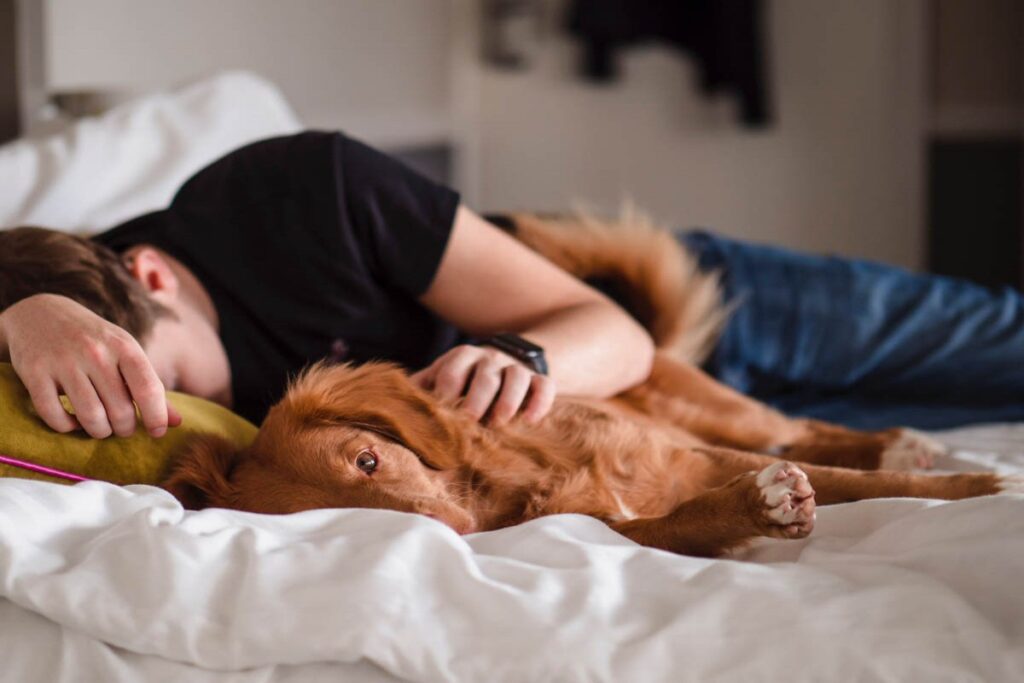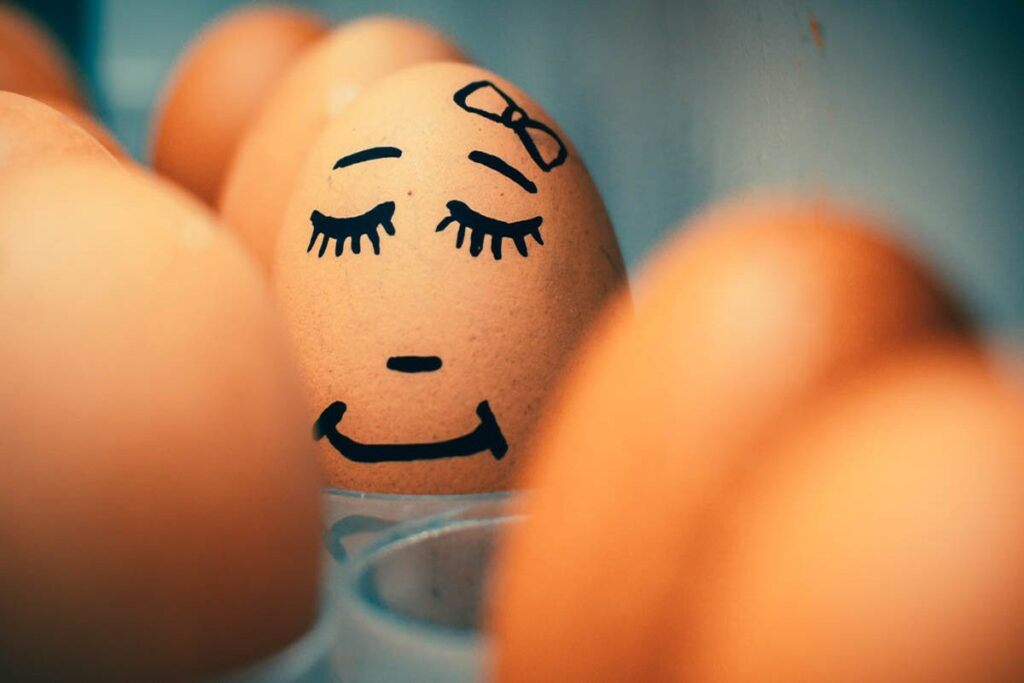What Causes Sleep Problems
What Causes Sleep Problems
Here are a few of the most common reasons you may be having trouble sleeping:
Life Changes
Major life changes, such as losing a loved one or a relationship break-up, are likely to affect your sleep. Other factors include shift-work, an uncomfortable bed, night-time noise, or pain or discomfort. Even desirable changes, such as moving house or changing job can disrupt your sleep.
Mental health problems
Sleeplessness is a common symptom of depression and anxiety (but sleeplessness can also lead to depression and anxiety!) You might find yourself thinking or constantly worrying when you’re trying to fall asleep. If you tend to be a ‘worrier’ you may find it hard to rest your mind and unwind, which stops you from feeling relaxed and being able to get to sleep. As a result, you may get trapped in a vicious cycle of sleep problems, as lack of sleep leads to more worry which in turn makes sleep problems worse.
If you have post-traumatic stress disorder (PTSD), you may find it harder to feel safe and fall asleep. People who have been through traumatic events often have nightmares, which can also lead to disturbed sleep.
Bedtime routines and sleeping environment
If you nap during the day to try to catch up on lost sleep, it’s likely that you won’t sleep well at night. Going to bed too early may leave you lying in bed awake for a long time before falling asleep, or you may wake up early and feel tired later in the day. Your sleeping environment can also lead to sleep problems, for example, if you live on a noisy street, have an uncomfortable bed, or have curtains that let the light in.
Diet & Lifestyle
How you eat can also affect your sleep. Gaining or losing a lot of weight rapidly can disturb the balance of your hormones and affect your sleep. Eating at the wrong times (perhaps to suit a partner working different shifts) can also be unhelpful. Sugary foods or caffeinated drinks, particularly late in the day, can stop you from falling asleep. Eating a large meal late at night can also have this effect.
Alcohol can also get in the way of a good night’s sleep. While drinking alcohol may help you fall asleep more quickly, the quality of sleep you’ll get will be poor and you’ll most likely wake up early in the morning still feeling tired. You’ll also be more likely to wake in the night needing to go to the toilet.
Whilst it’s been shown that regular exercise will help you sleep better, exercising too close to bedtime will prevent you from falling asleep, as you’ll still have adrenaline in your system acting as a stimulant.
Medication
Sleeping pills can change the type of sleep you get and there’s often a risk of dependency, so always follow your doctor’s advice if you’re taking these. Other medications can also contribute to sleep problems, for example steroids and blood pressure medication. Some cold and flu medications have caffeine in them too, so be sure to check the back of the packet just in case.
If any of these are affecting your sleep, you’ll find lots of tips and advice to help you improve your sleep in the Manage section.
















